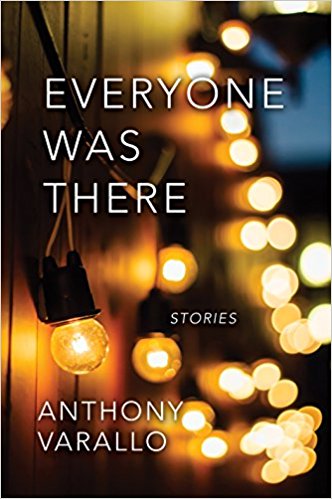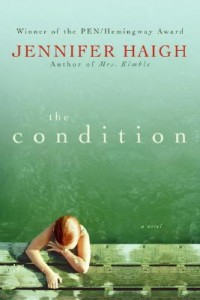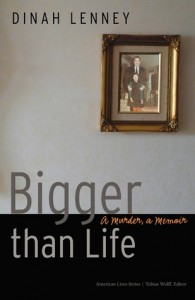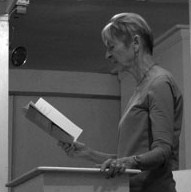Where do writers get their ideas? Well, if they are writing prose, their ideas evolve one way. If, on the other hand, they are writing poetry, their ideas evolve another way. Perhaps some distinctions are in order. Distinguishing the difference between prose and poetry may not be all that simple; there are many definitions, all of which may be correct. For the purpose of this essay allow me to set forth one of the many:
It seems to me that there is available to writers a spectrum along which to proceed. At one end is prose, appropriate for essays, news, weather reports and the like. At the other end is poetry. Writers moves back and forth along this spectrum when writing fiction.
Thus, prose is defined by its precise meaning that excludes ambiguity, surmise and misunderstanding. It never troubles the reader. To define it another way, prose is faulty if it lacks a coherent thrust guided by rules of logic, grammar and syntax. It will not tolerate contradiction. Poetry, on the other hand, is defined by its resistance to such rules. Poetry is ignited, brought to life by haunting, evasive, ambiguous, contradictory propositions.
This is not to say poetry is more or less useful than prose. Rather, they are two separate and distinct tools, much the same as a hammer and a saw. They are different tools designed for different jobs. If an essay is called for, the reader wants certainty; exactly what the words you are now reading are intended to give. If, on the other hand, consolation for some great loss is called for, the reader needs more: a text that lights up fields of reference nowhere alluded to on the page. This calls for magic, for illusion, not lecture. The reader needs to be informed of what cannot be articulated. To be made whole the reader needs to undergo an improved change in mood, a change made more effective if the reader doesn’t know why he or she feels better. Exactly like music. That’s where poetry gets its power to repair; an invisible touch, ghost-like but as real as anything on earth. A reading of the masters, Neruda, Aleixandre, Celan…confirms that a text need not always have a meaning the reader can explicate. To that extent, it informs, as does music, without what we call meaning. It’s just that it takes prose to tell you this.
This is because prose is a telling of what the writers already know. They have a preconceived idea of what to write about. With poetry it’s the opposite. The writers have no preconceived idea with which to begin a poem. They need to first force the idea out of the brain, to bring the idea to the surface, to consciousness. With poetry the writer needs a method to find that hidden idea. If the originating idea wasn’t hidden and unknown it isn’t likely to be an important one. Let’s face it: any idea that is easily accessible has already been picked over. It’s all but certain to be a cliché.
To uncover this hidden idea for a poem the writers each have their own unique method. As for me, the idea for the poem evolves when an idea from a photograph is confronted with an obviously unrelated idea from a text (mythology or science) till the two conflicting ideas are reconciled as a totally new, surprising and workable idea. This method was easy for me to come by. As an attorney I was trained to reconcile conflicting views, to do exactly what a metaphor does for a living. It’s not a mystery that so many practicing lawyers write poetry. See, Off the Record, An Anthology of Poetry by Lawyers, edited by James R. Elkins, Professor of Law, University of West Virginia.
The efficacy of this method for getting ideas is documented at length by Wayne Barker, MD. who, in his Brain Storms, A Study of Human Spontaneity, on page 15 writes:
If we can endure confrontation with the unthinkable, we may be able to fit together new patterns of awareness and action. We might, that is, have a fit of insight, inspiration, invention, or creation. The propensity for finding the answer, the lure of creating or discovering the new, no doubt has much to do with some people’s ability to endure tension until something new emerges from the contradictory and ambiguous situation.
Likewise, Douglas R. Hofstadter, in his Godel, Escher, Bach: An Eternal Golden Braid writes on page 26:
One of the major purposes of this book is to urge each reader to confront the apparent contradiction head on, to savor it, to turn it over, to take it apart, to wallow in it, so that in the end the reader might emerge with new insights into the seemingly unbreachable gulf between the formal and the informal, the animate and the inanimate, the flexible and the inflexible.
Moreover, the self-induced fit is standard operating procedure in the laboratory. Allow me to quote Lewis Thomas, who, in his The Lives of a Cell, on page 138 describes the difference between applied science and basic research. After pointing out how applied science deals only with the precise application of known facts, he writes:
In basic research, everything is just the opposite. What you need at the outset is a high degree of uncertainty; otherwise it isn’t likely to be an important problem. You start with an incomplete roster of facts, characterized by their ambiguity; often the problem consists of discovering the connections between unrelated pieces of information. You must plan experiments on the basis of probability, even bare possibility, rather than certainty. If an experiment turns out precisely as predicted, this can be very nice, but it is only a great event if at the same time it is a surprise. You can measure the quality of the work by the intensity of astonishment. The surprise can be because it did turn out as predicted (in some lines of research, one percent is accepted as a high yield), or it can be a confoundment because the prediction was wrong and something totally unexpected turned up, changing the look of the problem and requiring a new kind of protocol. Either way, you win…
Isn’t it reasonable to conclude that the defining distinction between applied science and basic research is the same as that between prose and poetry? Isn’t it likewise reasonable to conclude that the making of basic science is very much the same as the making of poetry?
In a real way I, too, work in a laboratory. Every day at 9 a.m. I arrive at a table in the local coffee shop, open a dog-eared book of photographs, open a text, and begin mixing all my materials together to find something new.
For the famous Walker Evans photograph depicting a migrant’s wife, I began:
Walker Evans Farmer’s wife
Tough life, mouth closed, no teeth? Sorrow?
Not too bad looking. Plain dress
This description went on and on till I felt I had drained the photograph of all its ideas. I then read the chapter entitled On Various Words from The Lives of a Cell. Photograph still in view, I then wrote down ideas from Dr. Thomas’s text. I began:
Words –bricks and mortar
Writing is an art, compulsively adding to,
building the ant hill,
not sure if each ant knows what it will look like when finished
its too big. Like can’t tell what Earth looks like if you’re on it.
This too goes on and on with whatever comes to mind while I’m reading. But all the time, inside my brain, I’m trying to reconcile what a migrant’s wife has to do with the obviously unrelated ideas on biology suggested by Dr. Thomas. I try to solve the very problem I created. Of course my brain is stymied and jams, creating a self-induced fit similar to the epilepsy studied by the above mentioned Dr. Barker, M.D. But that was my intention from the beginning.
Sooner or later an idea from the photograph and an idea from the text will be resolved into a new idea and the poem takes hold.
No one is more surprised than I. Or exhausted. The conditions under which I write are brutal. My brain is deliberately jammed by conflicting impulses. Its neurons are overloaded, on the verge of shutting down. I can barely think. My eyes blur. The only thing that keeps me working is that sooner or later will come the rapture of discovery; that the differences once thought impossible to reconcile, become resolved; so and so, once thought impossible of having anything to do with so and so, suddenly and surprisingly, has everything in the world to do with it. Or has nothing to do with it but can be reconciled with something else it triggered: one flash fire after another in the lightening storm taking place in my brain.
Getting the idea is one thing but the finished poem is a long way off. And to get there I abstract. Abstraction and music are soul mates and poetry is nothing if not music. For each poem its opening phrase is stolen shamelessly from Beethoven. He’s the master at breaking open bones and I might as well use him early on in the poem. Then I steal from Mahler whose music does its work where I want my poetry to do its work: the marrow.
Perhaps marrow is what it’s all about. Abstraction, since it contradicts the real world, is a striking form of confrontation which jams the brain till it shuts down confused. It befits the marrow to then do the work the reader’s brain cells would ordinarily do. And though what the marrow cells put together is nothing more than a “gut feeling,” with no rational footing, it is enough to refresh the human condition, to make marriages, restore great loses, rally careers.
Of course abstraction is just one of the ways writers arrive at the poem with their idea. But however they come they all leave for the reader poetry’s trademark: illusion. It is that illusion that builds for the over-burdened reader a way out.
Perhaps, as you may have already suspected, a poem, unlike a newspaper, is not a tool for everyday use by everyone; it’s just for those who need it, when they need it…

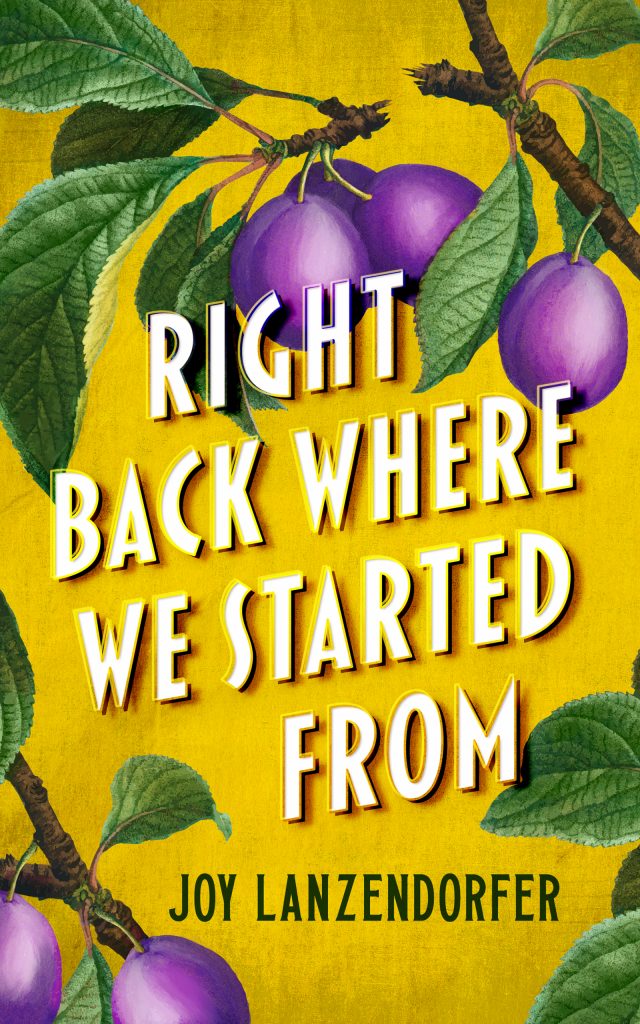
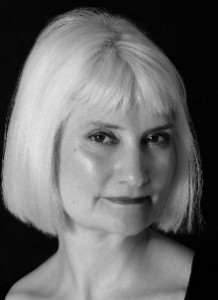 We are excited to share that Terese Svoboda will be reading some new poetry along with Dennis Nurske at
We are excited to share that Terese Svoboda will be reading some new poetry along with Dennis Nurske at 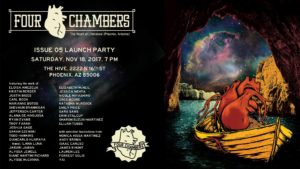
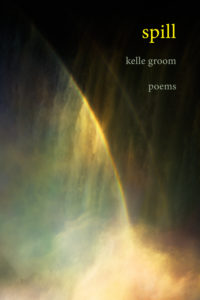 Today we are excited to share that past contributor Kelle Groom has recently released her book Spill. The collection of poems has already received high praise from poet David Rivard, who says, “When I finished reading this urgent, restorative book, I wanted to turn to Kelle Groom — because it felt as if she were really there — and say, ‘Thank you for the honor of letting me stand inside this so-large heart while the world went on spinning in its unforgiving, totally forgivable way.'” Spill is available for purchase through Anhinga Press
Today we are excited to share that past contributor Kelle Groom has recently released her book Spill. The collection of poems has already received high praise from poet David Rivard, who says, “When I finished reading this urgent, restorative book, I wanted to turn to Kelle Groom — because it felt as if she were really there — and say, ‘Thank you for the honor of letting me stand inside this so-large heart while the world went on spinning in its unforgiving, totally forgivable way.'” Spill is available for purchase through Anhinga Press 